Home>Technology>Home Entertainment Systems>What Does An Amplifier Do For A Home Theater
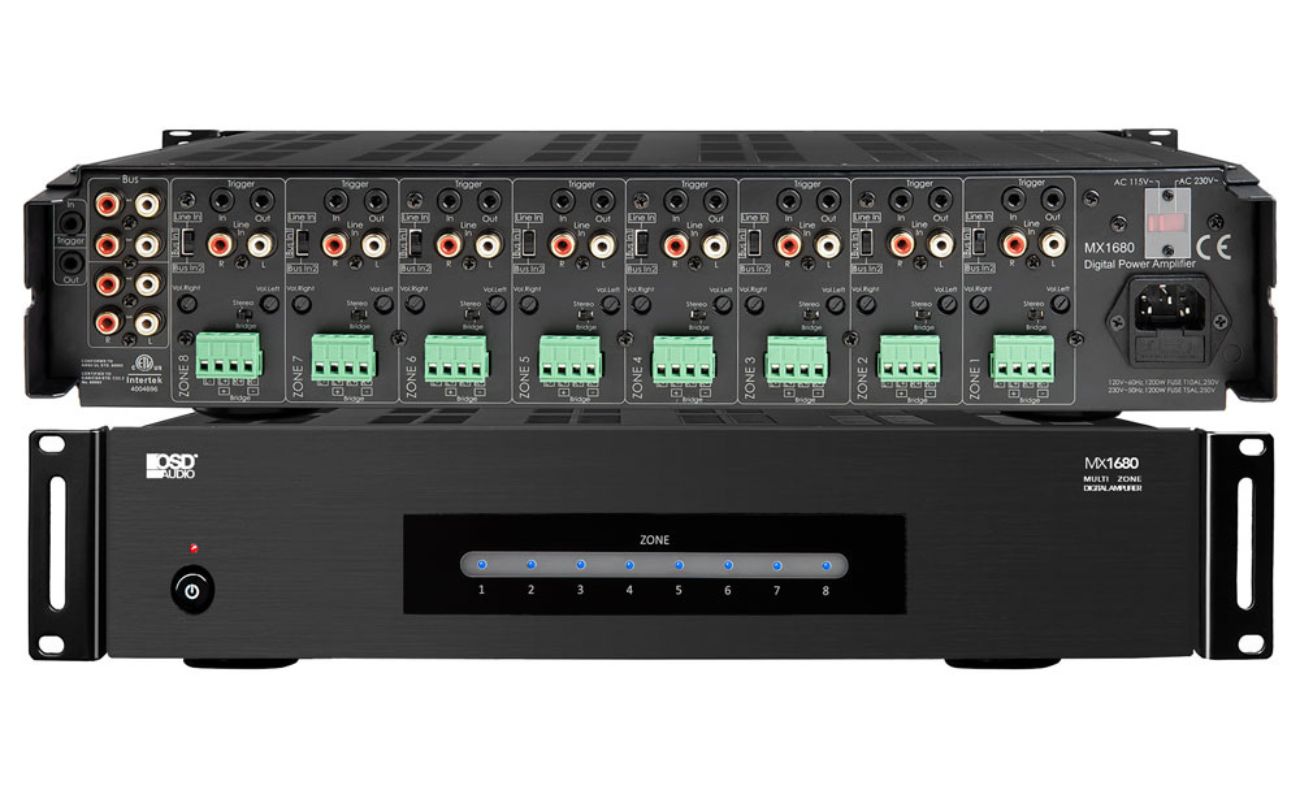

Home Entertainment Systems
What Does An Amplifier Do For A Home Theater
Published: February 15, 2024
Discover how amplifiers enhance your home entertainment systems. Learn the benefits of using amplifiers for your home theater setup. Amplify your viewing experience today!
(Many of the links in this article redirect to a specific reviewed product. Your purchase of these products through affiliate links helps to generate commission for Storables.com, at no extra cost. Learn more)
Introduction
When it comes to creating an immersive and captivating home entertainment experience, a high-quality audio system is just as crucial as a top-of-the-line display. Whether you're a cinephile seeking to replicate the cinematic experience at home or a music enthusiast aiming to enjoy concert-like sound quality, the role of an amplifier in a home theater cannot be overstated.
An amplifier serves as the powerhouse of your audio setup, playing a pivotal role in driving the speakers and delivering rich, dynamic sound. It acts as the intermediary between your audio sources, such as a Blu-ray player, gaming console, or streaming device, and your speakers, ensuring that the audio signals are amplified to a level that can fill your room with high-fidelity sound.
In essence, an amplifier takes the low-voltage audio signals from your source components and amplifies them to a level that can effectively drive the speakers, resulting in a lifelike audio experience. Without a capable amplifier, the audio output from your source components would lack the necessary power and clarity to truly bring your favorite movies, music, and games to life.
As technology continues to advance, amplifiers have evolved to offer a myriad of features and connectivity options, catering to the diverse needs of modern home entertainment enthusiasts. From traditional stereo amplifiers to multi-channel AV receivers equipped with cutting-edge audio processing capabilities, the market offers a wide array of options to suit different preferences and setups.
In the following sections, we will delve deeper into the intricacies of amplifiers, exploring how they enhance audio quality, their power requirements, and the factors to consider when selecting the right amplifier for your home theater system. By gaining a comprehensive understanding of the role of amplifiers, you can make informed decisions to elevate your home entertainment experience to new heights.
Key Takeaways:
- Amplifiers are like the powerhouse of a home theater, making sure the sound from movies, music, and games is loud and clear. They help speakers produce lifelike sound and minimize unwanted noise for an immersive experience.
- When choosing an amplifier for your home theater, make sure it matches your speaker setup and power needs. Look for one with the right connections, audio processing features, and physical size to fit your space and enhance your entertainment experience.
Read more: How To Repair A Home Theater Amplifier
Understanding the Role of an Amplifier in a Home Theater
At the heart of every home theater system lies the amplifier, a fundamental component that significantly influences the audio performance. The amplifier serves as the crucial link between your audio sources, such as a Blu-ray player, gaming console, or streaming device, and your speakers. Its primary function is to take the low-voltage audio signals from these sources and amplify them to a level that can effectively drive the speakers, resulting in a lifelike audio experience.
In a home theater setup, the amplifier acts as the powerhouse, providing the necessary power and voltage to drive the speakers and reproduce sound faithfully. Without a capable amplifier, the audio signals from your source components would lack the required amplification to deliver impactful and immersive sound. Whether you're watching a high-octane action movie, listening to a symphony orchestra, or gaming with friends, the amplifier plays a pivotal role in ensuring that every sound is reproduced with precision and clarity.
Furthermore, amplifiers come in various configurations, catering to different speaker setups and room sizes. From stereo amplifiers designed for two-channel audio systems to multi-channel AV receivers tailored for surround sound setups, the versatility of amplifiers allows them to adapt to diverse home theater environments. This adaptability enables enthusiasts to customize their audio systems according to their preferences, whether they prioritize music listening, movie watching, or gaming.
Moreover, modern amplifiers often feature advanced connectivity options, allowing seamless integration with other audio and video components. With the inclusion of HDMI inputs and outputs, wireless streaming capabilities, and support for high-resolution audio formats, amplifiers have evolved to become the central hub of a home entertainment system, offering unparalleled flexibility and convenience.
In essence, the amplifier serves as the cornerstone of a home theater's audio performance, shaping the overall sonic landscape and contributing to the immersive nature of the viewing or listening experience. By understanding the pivotal role of the amplifier, enthusiasts can make informed decisions when selecting and configuring their home theater systems, ensuring that they achieve the desired audio fidelity and impact.
In the subsequent sections, we will delve deeper into how amplifiers enhance audio quality, their power requirements, and the considerations for choosing the right amplifier for your home theater system. This exploration will provide valuable insights into maximizing the potential of your audio setup and elevating your home entertainment experience.
How an Amplifier Enhances Audio Quality
An amplifier plays a pivotal role in enhancing audio quality by exerting precise control over the electrical signals that drive the speakers. When the low-voltage audio signals from source components are fed into the amplifier, they undergo a process of amplification, where the signals are boosted to a level that can effectively drive the speakers. This amplification process is crucial in ensuring that the audio signals retain their integrity and fidelity as they are transformed into sound waves.
One of the key ways in which an amplifier enhances audio quality is by minimizing distortion and preserving the dynamics of the audio content. By providing clean and consistent power to the speakers, the amplifier enables them to accurately reproduce the nuances and subtleties present in the audio signals. This results in a more faithful and lifelike rendition of the original sound, allowing listeners to experience the full spectrum of sonic details with clarity and precision.
Furthermore, amplifiers contribute to improved signal-to-noise ratio, effectively minimizing background noise and ensuring that the audio output remains free from unwanted interference. This is particularly important in home theater setups, where the goal is to create an immersive and distraction-free listening environment. By delivering a clean and robust signal to the speakers, the amplifier helps maintain a high level of audio purity, allowing listeners to fully immerse themselves in the sonic experience without being hindered by extraneous noise.
Moreover, an amplifier's ability to control the speakers' movements with precision is instrumental in reproducing impactful and dynamic sound. By providing the necessary power and current, the amplifier enables the speakers to accurately reproduce transient peaks and low-frequency effects, resulting in a more engaging and visceral audio experience. Whether it's the thunderous explosions in an action-packed movie or the subtle nuances of a musical performance, the amplifier's role in controlling the speakers' movements directly impacts the overall audio quality.
In addition, modern amplifiers often incorporate advanced digital signal processing and room correction technologies, further enhancing the audio quality by optimizing the sound output to suit the acoustics of the listening environment. These features help mitigate room-induced distortions and tailor the audio performance to deliver a more balanced and natural sound, regardless of the room's characteristics.
In essence, an amplifier's contribution to audio quality extends beyond simply amplifying the signals; it encompasses the preservation of fidelity, the reduction of noise, and the facilitation of dynamic and impactful sound reproduction. By understanding the ways in which an amplifier enhances audio quality, enthusiasts can appreciate its significance in shaping the overall sonic experience within a home theater environment.
An amplifier in a home theater system increases the power of the audio signal, making the sound louder and clearer. It also helps to drive the speakers and improve the overall audio quality of the system.
Amplifier Power and Speaker Compatibility
Amplifier power and speaker compatibility are crucial considerations when configuring a home theater audio system. The relationship between the amplifier's power output and the speakers' power handling capabilities directly impacts the system's performance and overall sound quality.
The power rating of an amplifier, typically expressed in watts per channel, signifies its ability to deliver electrical power to the speakers. It is essential to match the amplifier's power output to the speakers' power handling capacity to ensure optimal performance and prevent potential damage to the speakers. When the amplifier's power output exceeds the speakers' handling capacity, there is a risk of overdriving the speakers, leading to distortion, overheating, or even physical damage. Conversely, an amplifier with insufficient power may result in underwhelming sound performance, as the speakers may not receive adequate power to reproduce audio faithfully.
Understanding speaker sensitivity, measured in decibels (dB), is also crucial in determining the amplifier's power requirements. Speakers with higher sensitivity ratings require less power to achieve a given volume level, making them well-suited for use with lower-powered amplifiers. Conversely, speakers with lower sensitivity ratings demand more power to produce the same volume, necessitating the use of higher-powered amplifiers for optimal performance.
Moreover, the impedance rating of the speakers, measured in ohms, plays a significant role in amplifier and speaker compatibility. Amplifiers are designed to work with specific impedance ranges, and it is essential to match the amplifier's impedance capabilities with the speakers' impedance ratings. Failure to do so can result in inefficient power transfer and potential instability in the system's performance.
When selecting an amplifier for a home theater system, it is imperative to consider the power requirements of the speakers and ensure that the amplifier can deliver sufficient power to drive the speakers effectively. Additionally, understanding the impedance and sensitivity characteristics of the speakers is essential in determining the ideal amplifier-speaker pairing for optimal performance.
In summary, amplifier power and speaker compatibility are integral factors in designing a home theater audio system. By carefully matching the amplifier's power output, impedance capabilities, and sensitivity requirements with the speakers' power handling, impedance ratings, and sensitivity levels, enthusiasts can ensure a harmonious and high-performing audio setup that delivers immersive and impactful sound reproduction.
Choosing the Right Amplifier for Your Home Theater System
Selecting the right amplifier for your home theater system is a critical decision that significantly influences the overall audio performance and user experience. With a myriad of amplifier options available in the market, each offering unique features and capabilities, it is essential to consider several key factors to ensure that the chosen amplifier aligns with the specific requirements and objectives of your home entertainment setup.
One of the primary considerations when choosing an amplifier is the intended speaker configuration. Different amplifier models are designed to accommodate specific speaker setups, ranging from traditional stereo configurations to multi-channel surround sound systems. Understanding the number of speakers in your setup, whether it's a 2.1, 5.1, or 7.1 configuration, is crucial in determining the amplifier's channel requirements. For instance, a 5.1 surround sound system necessitates an amplifier with at least six channels to drive the front, center, surround, and subwoofer speakers effectively.
Furthermore, the amplifier's power output capabilities should align with the power requirements of the speakers in your home theater system. It is essential to match the amplifier's wattage per channel with the power handling capacity of the speakers to ensure optimal performance and prevent potential damage. Additionally, considering the impedance ratings and sensitivity levels of the speakers is imperative in determining the amplifier's compatibility and ability to drive the speakers efficiently.
Another vital aspect to consider is the connectivity options offered by the amplifier. Modern amplifiers often feature a range of input and output connections, including HDMI, optical, coaxial, and analog inputs, as well as preamp outputs and wireless streaming capabilities. Assessing the connectivity requirements based on the audio and video components in your setup, such as Blu-ray players, gaming consoles, streaming devices, and televisions, is essential in ensuring seamless integration and versatility.
Moreover, evaluating the amplifier's audio processing capabilities, such as support for high-resolution audio formats, advanced digital signal processing, and room correction technologies, can significantly impact the overall sound quality and user experience. These features contribute to optimizing the audio output, mitigating room-induced distortions, and tailoring the sound to suit the acoustics of the listening environment.
Considering the physical dimensions and aesthetic appeal of the amplifier is also important, especially if space constraints or visual harmony within the home theater environment are significant factors in the decision-making process.
By carefully evaluating these factors and aligning them with the specific requirements and objectives of your home theater system, you can make an informed decision when choosing the right amplifier. This thoughtful approach ensures that the selected amplifier seamlessly integrates with your setup, delivers exceptional audio performance, and enhances your overall home entertainment experience.
Read more: What Do I Need For A Home Theater System
Conclusion
In conclusion, the amplifier stands as a cornerstone of a compelling home theater audio system, playing a pivotal role in shaping the overall sonic experience. Its ability to amplify audio signals, enhance audio quality, and drive speakers with precision is instrumental in delivering immersive and impactful sound reproduction. By understanding the critical role of amplifiers, enthusiasts can make informed decisions when configuring their home entertainment setups, ensuring that they achieve the desired audio fidelity and impact.
The process of amplifying audio signals is not merely about increasing volume; it encompasses preserving fidelity, minimizing distortion, and controlling the speakers' movements with precision. This results in a more faithful and lifelike rendition of the original sound, allowing listeners to experience the full spectrum of sonic details with clarity and precision. Additionally, the amplifier's contribution to improved signal-to-noise ratio and dynamic sound reproduction further underscores its significance in enhancing audio quality within a home theater environment.
When considering amplifier power and speaker compatibility, enthusiasts must carefully match the amplifier's power output, impedance capabilities, and sensitivity requirements with the speakers' power handling, impedance ratings, and sensitivity levels. This harmonious pairing ensures optimal performance and prevents potential damage to the speakers, ultimately contributing to a high-performing audio setup that delivers immersive and impactful sound reproduction.
Furthermore, the process of choosing the right amplifier for a home theater system involves evaluating speaker configurations, power output capabilities, connectivity options, audio processing features, and physical dimensions. By aligning these considerations with the specific requirements and objectives of the home entertainment setup, enthusiasts can select an amplifier that seamlessly integrates with their systems, delivers exceptional audio performance, and enhances their overall home entertainment experience.
In essence, the amplifier's role in a home theater system extends beyond being a mere intermediary; it is a fundamental component that significantly influences the audio performance and user experience. By recognizing its significance and understanding its intricacies, enthusiasts can unlock the full potential of their home entertainment systems, elevating their audio experiences to new heights of immersion and enjoyment.
Frequently Asked Questions about What Does An Amplifier Do For A Home Theater
Was this page helpful?
At Storables.com, we guarantee accurate and reliable information. Our content, validated by Expert Board Contributors, is crafted following stringent Editorial Policies. We're committed to providing you with well-researched, expert-backed insights for all your informational needs.
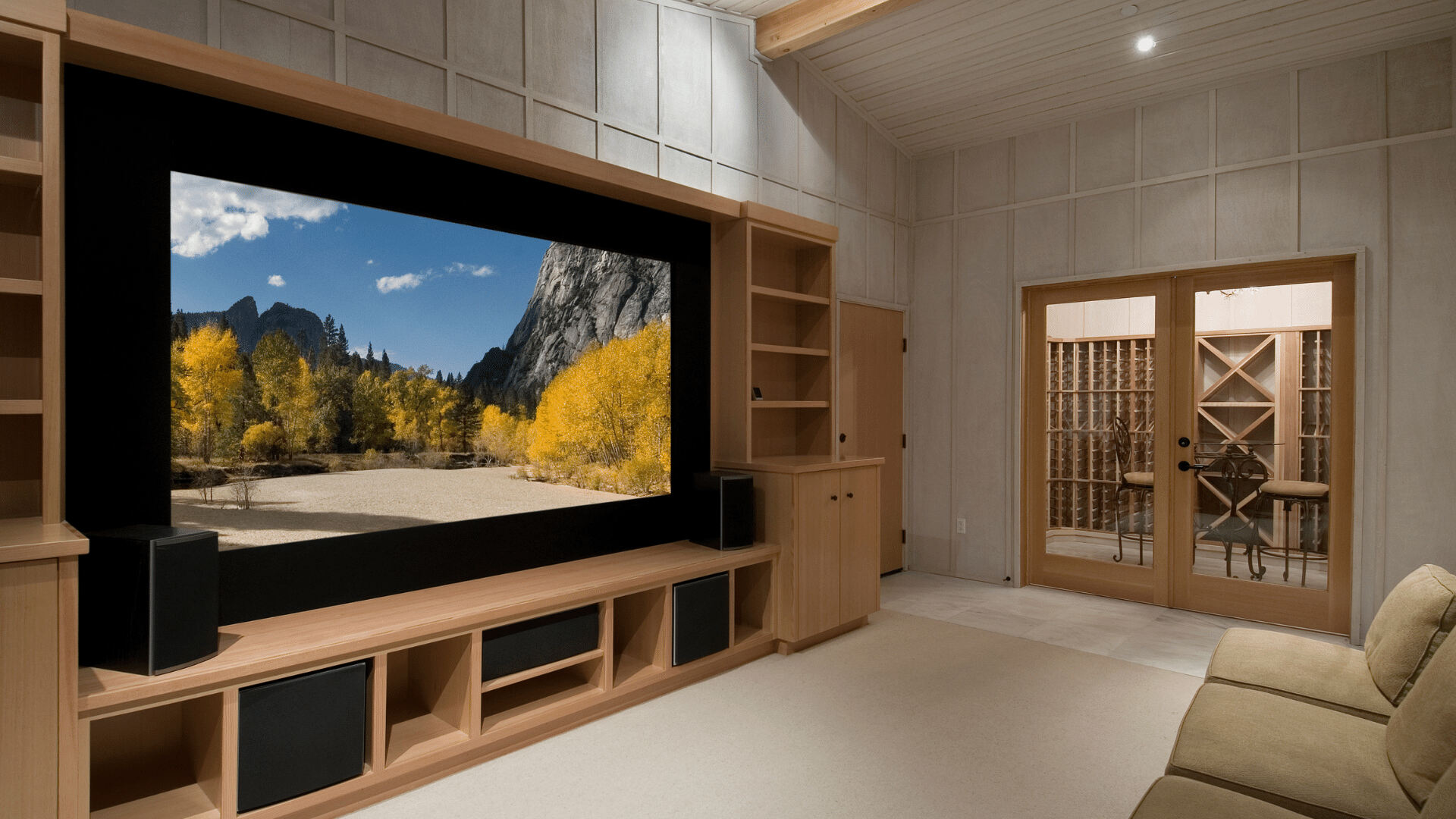
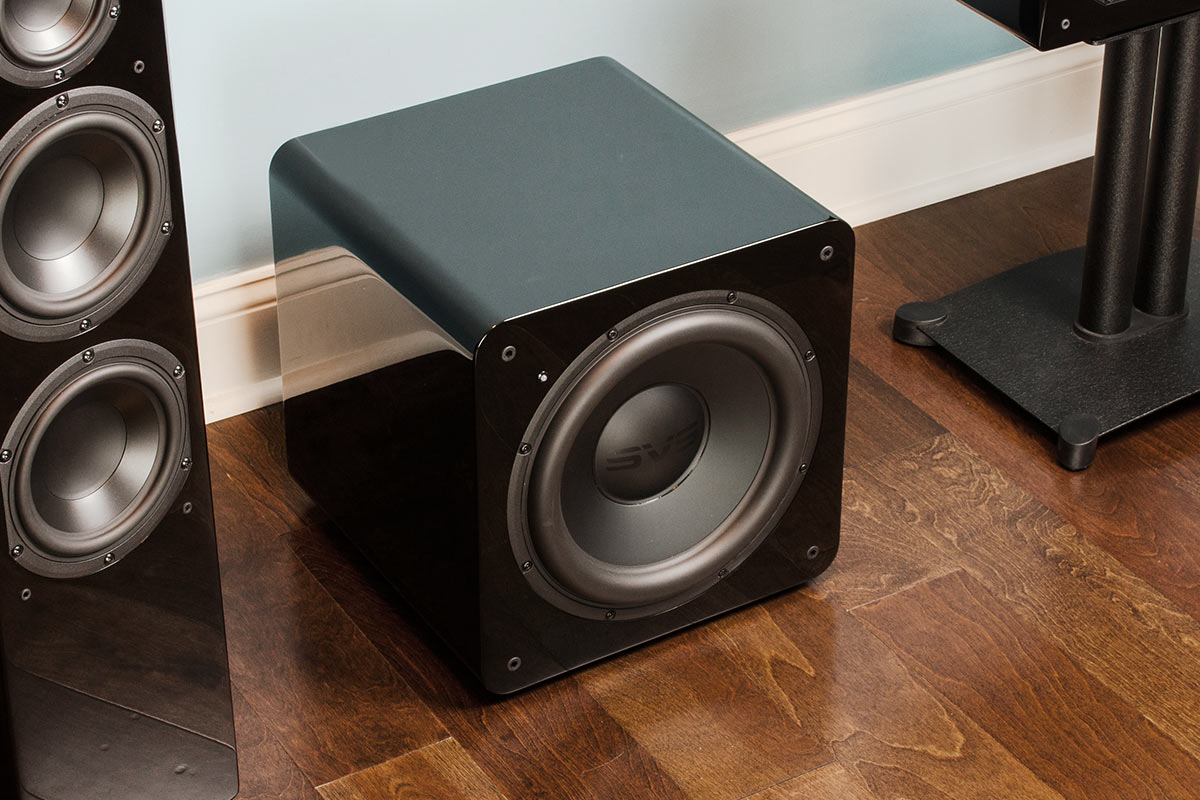

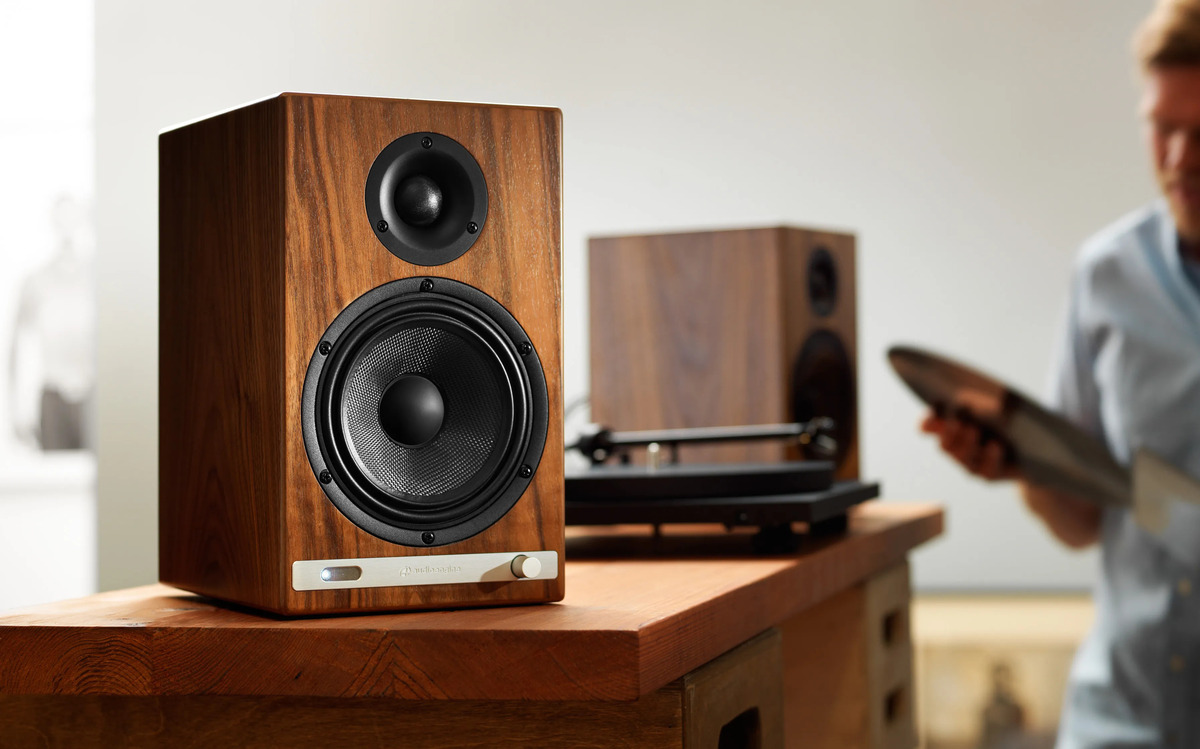
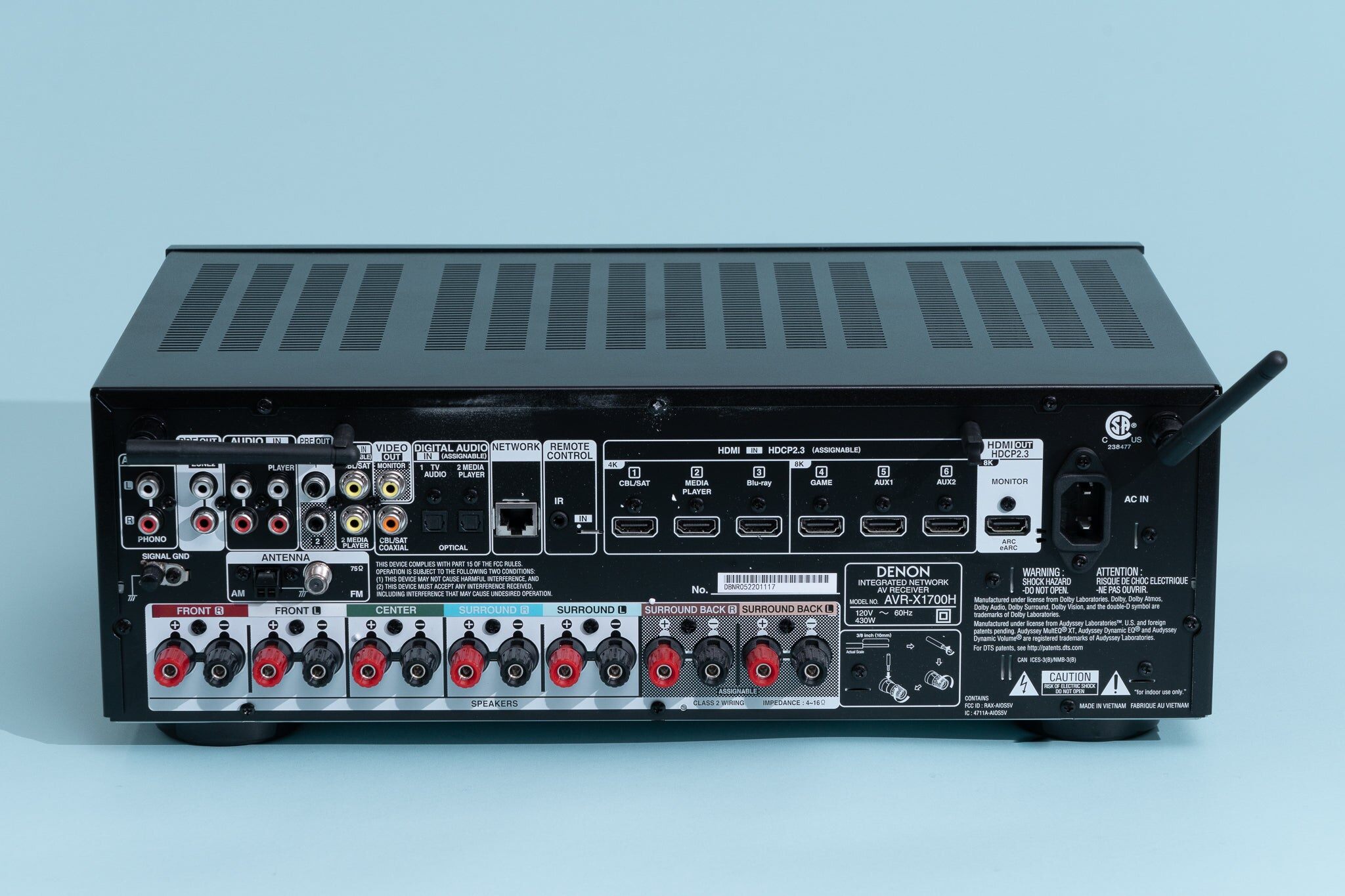
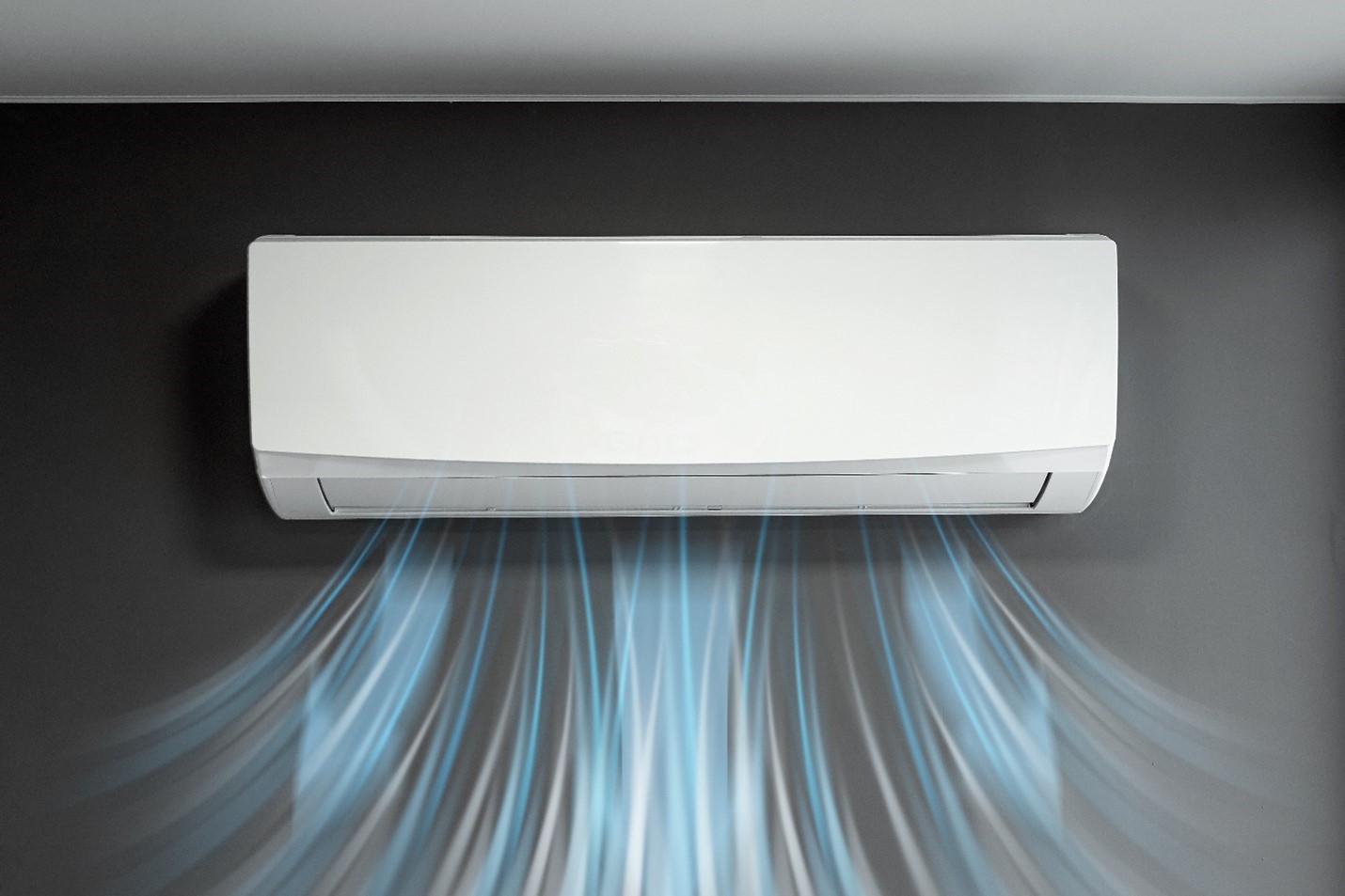


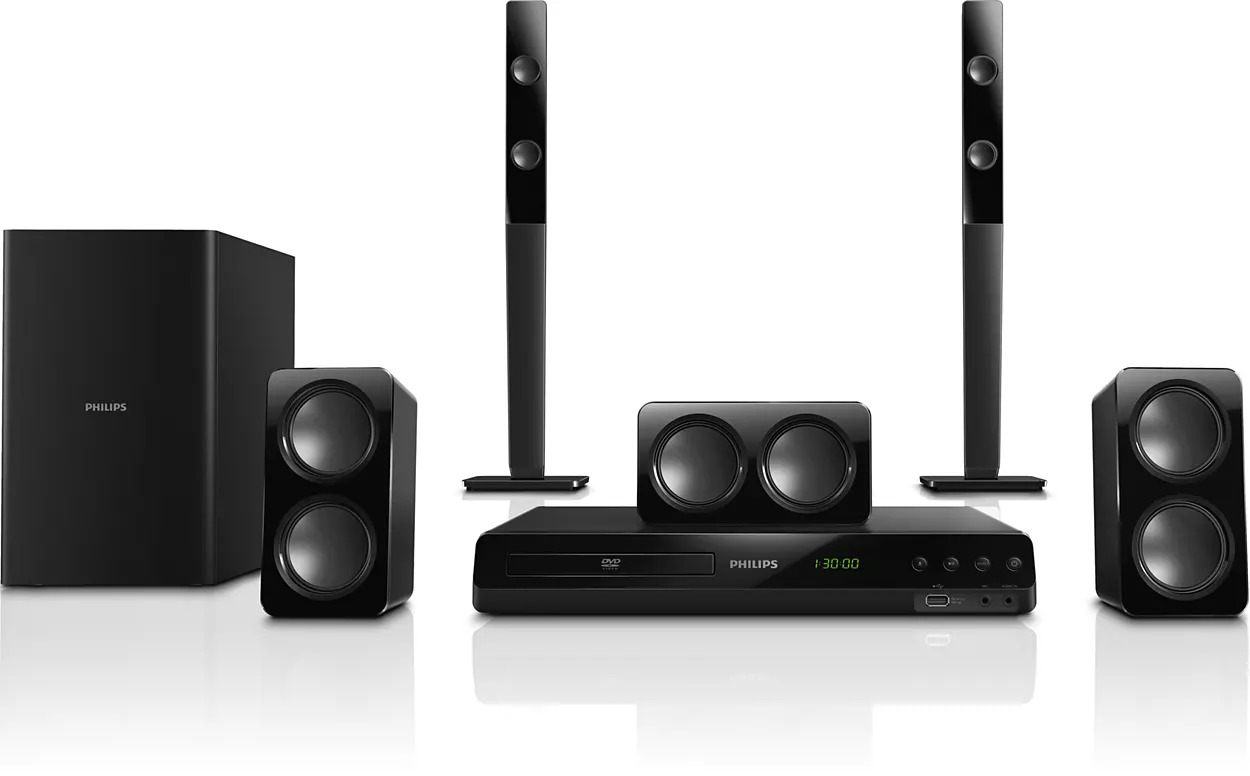
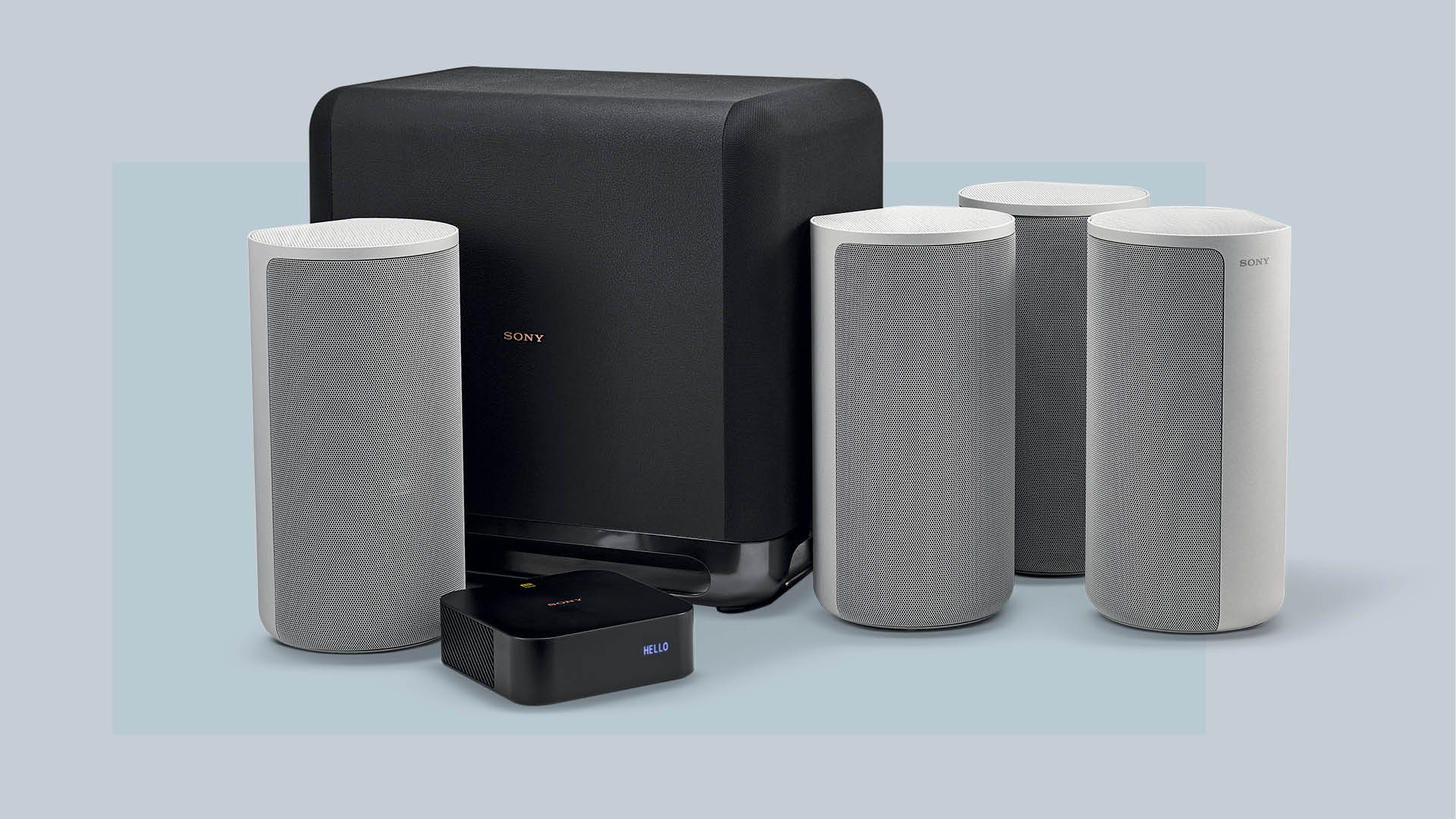


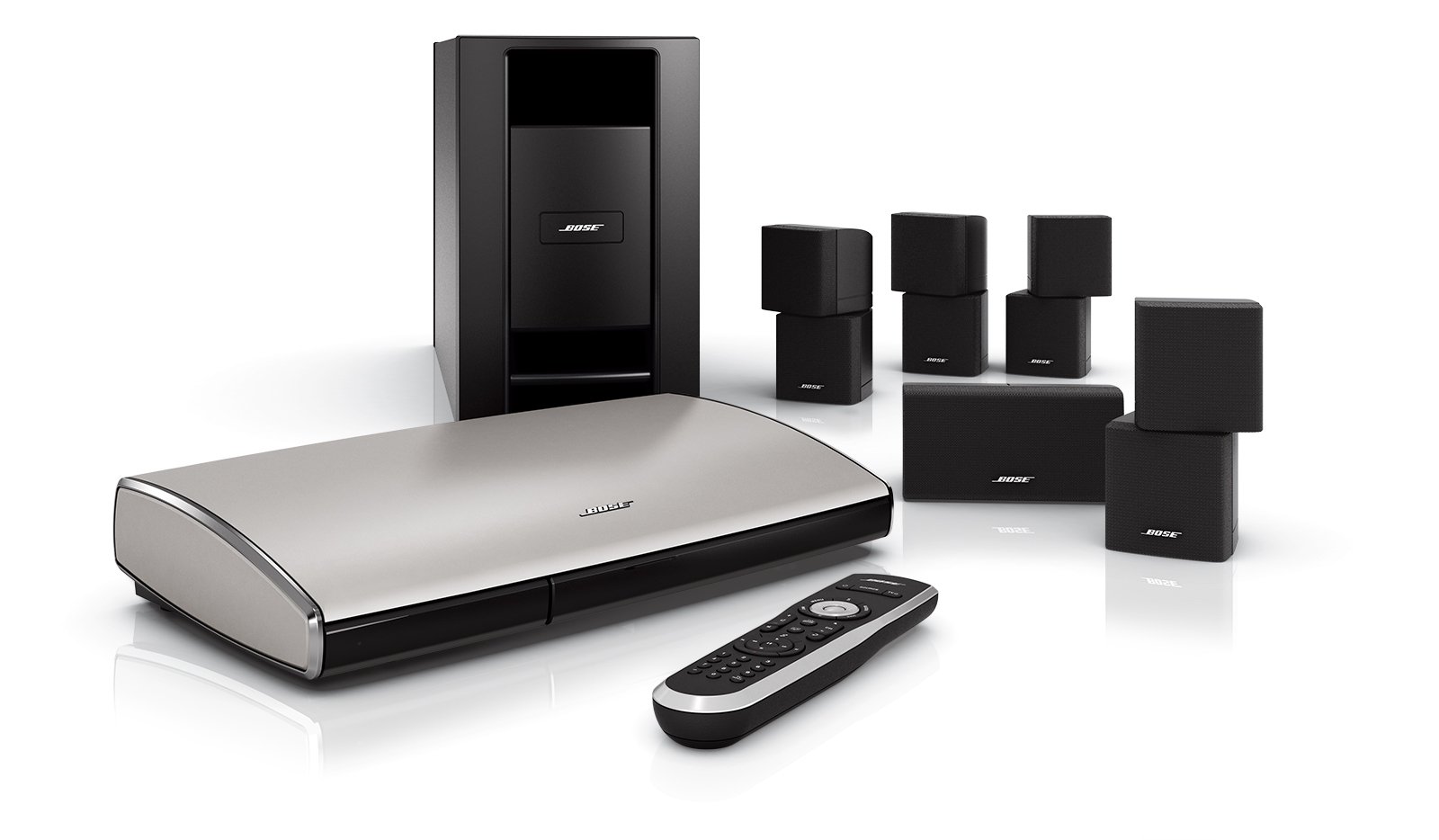
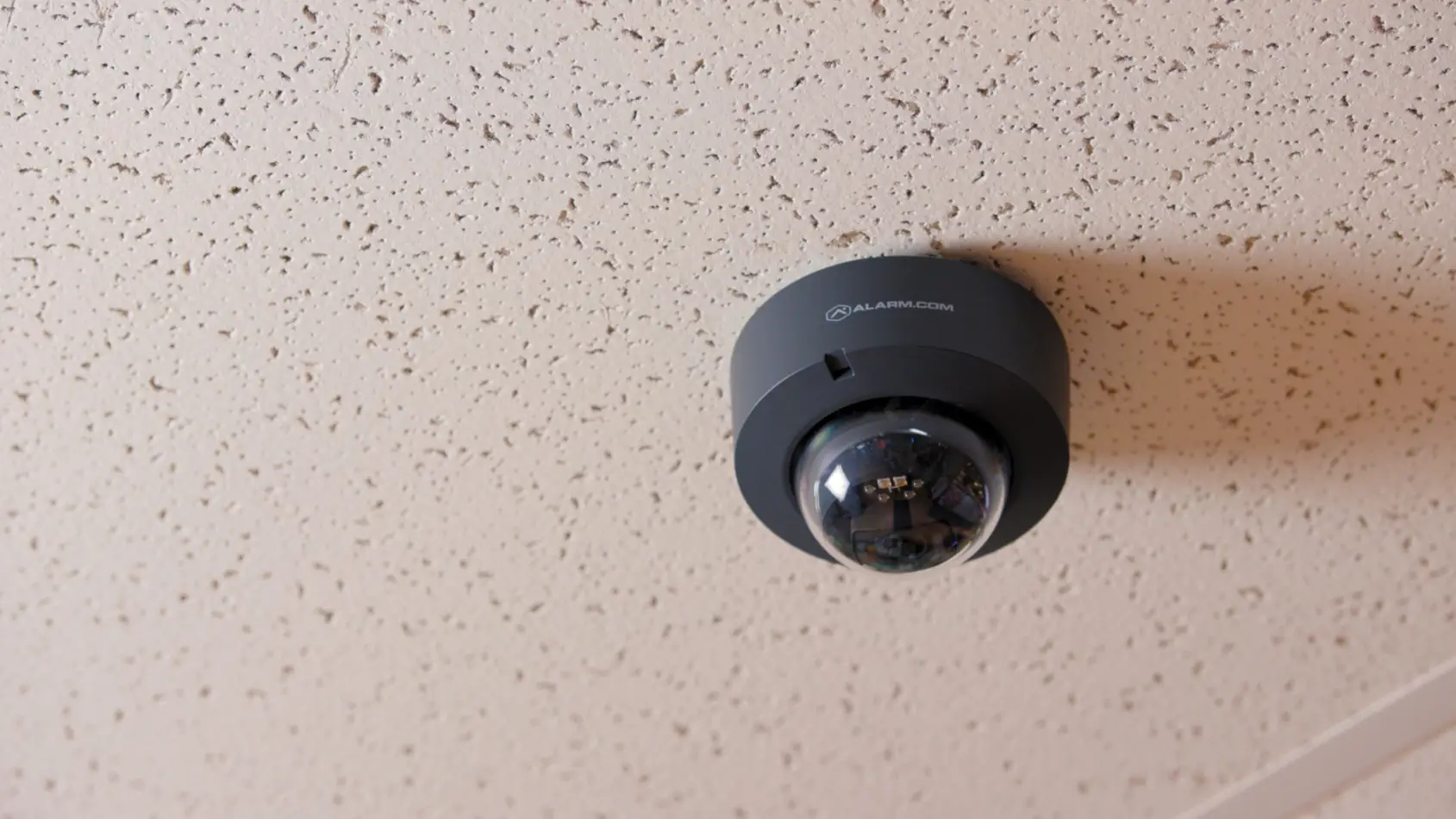

0 thoughts on “What Does An Amplifier Do For A Home Theater”